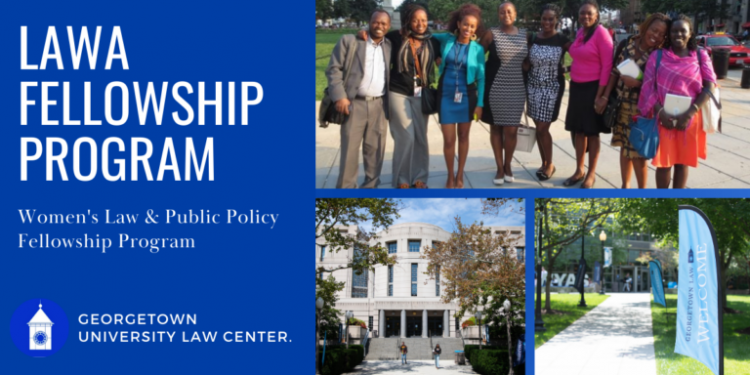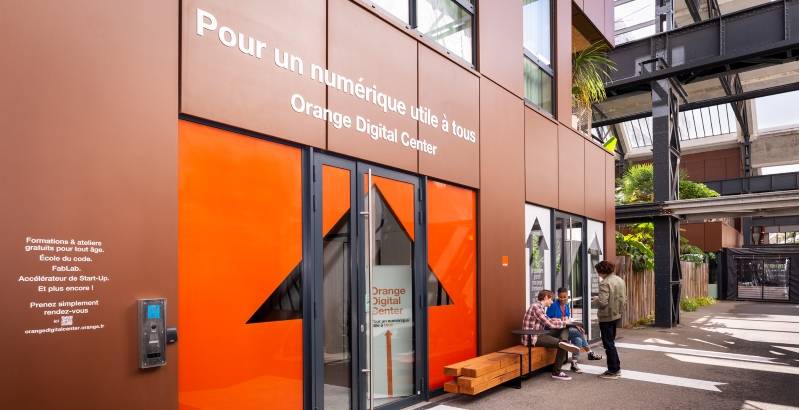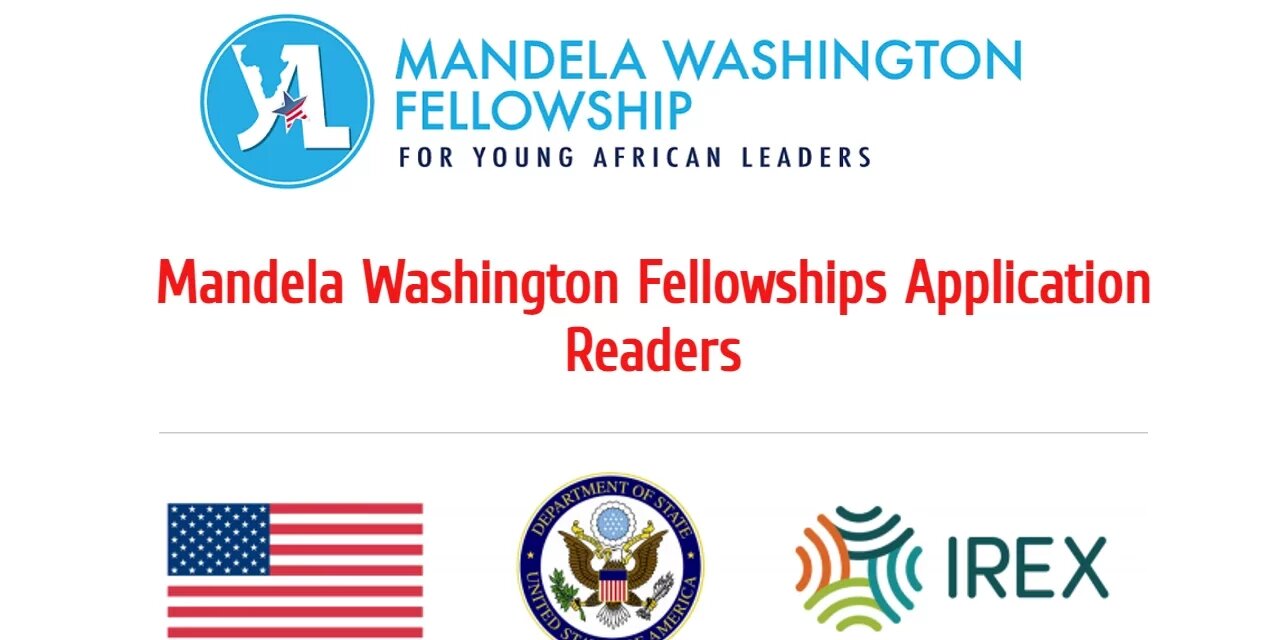The LAWA Fellowship Program was founded in 1993 at the Georgetown University Law Center in Washington, D.C., in order to train women’s human rights lawyers from Africa who are committed to returning home to their countries in order to advance the status of women and girls in their own countries throughout their careers.
Over 80 women’s human rights advocates from Botswana, Cameroon, Ethiopia, Ghana, Kenya, Liberia, Malawi, Namibia, Nigeria, Sierra Leone, South Africa, Swaziland, Tanzania, Uganda and Zimbabwe have participated in the LAWA Program, and they hope to include Fellows from additional countries in the future.
The entire LAWA Fellowship Program is approximately 14 months long (from July of the first year through August of the following year), after which the LAWA Fellows return home to continue advocating for women’s rights in their own countries. The LAWA Program starts in July when the Fellows attend the Georgetown Law Center’s Foundations of American Law and Legal Education course.
Fellowship
- The LAWA Fellowship provides the tuition for the Foundations of American Law and Legal Education Course (a U.S. $5,000 benefit) and for the LL.M. degree (a U.S. $66,650 benefit) at the Georgetown University Law Center, as well as professional development training.
- Candidates who are admitted to the LAWA Program must be prepared to cover the costs of all additional expenses (such as their visas, travel, housing, utilities, food, clothing, health insurance, books, etc.), and must be able to demonstrate to the U.S. Embassy for visa purposes that they have the funds available to cover those expenses (approximately $28,000).
Eligibility
- You must be a women’s human rights lawyer from Africa in order to be considered. You must hold an LL.B. or other law degree. A preference is given to candidates who:
- are currently living and working in Africa, and
- do not already have a Master’s degree.
- The strongest applicants tend to be about five to ten years out of law school, but those with less or more experience will be considered. Candidates with no work experience who are applying directly from an LL.B. degree or other law school will not be considered.
- Men and women who are committed to women’s rights are strongly encouraged to apply.
- As a requirement of participation in the LAWA Program, all applicants must commit to return home to their own countries upon completion of the Fellowship and to use their best professional efforts to advance women’s human rights throughout their careers.
- You must have strong English language skills, both written and oral. Language problems have been the primary barrier to success for LAWA Fellows.
- The LAWA Program requires candidates to become proficient in using computers for drafting papers and conducting research. Candidates are strongly encouraged to learn basic computer skills before arrival in order to make this transition easier. At the very minimum, candidates should work to improve their typing speed.
- Candidates must be prepared to enter a very demanding course of study. LAWA Fellows take four required courses and several more elective courses over the course of the two academic semesters. Each class requires advanced preparation for reading hundreds of pages. Fellows are required to produce a Master’ Thesis totaling no fewer than 40 pages, including several drafts with intense research, writing, and editing. Successful completion of the program requires exceptional focus and very hard work. Please do not apply if you are not prepared to make this serious academic commitment.
Application Process
This application must be filled out on a computer. Handwritten applications will not be accepted. This application and all letters of reference must be in English. Your qualifications for the LAWA program will be evaluated on your ability to follow the instructions in the application.
Completed applications must be sent via e-mail to morrisjc@georgetown.edu by Friday, January 19, 2024.
Click HERE to Apply










